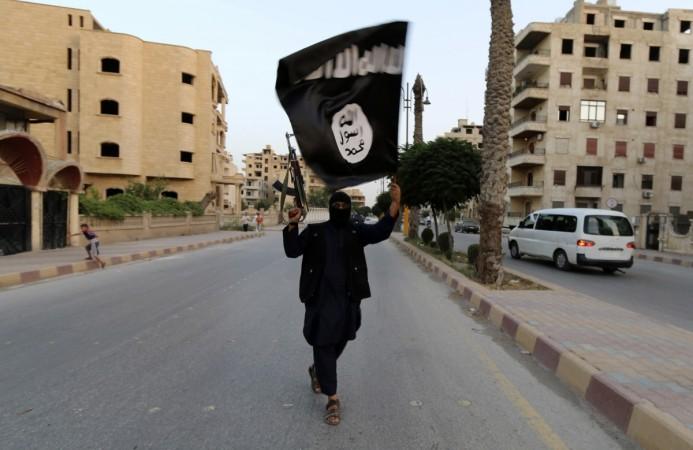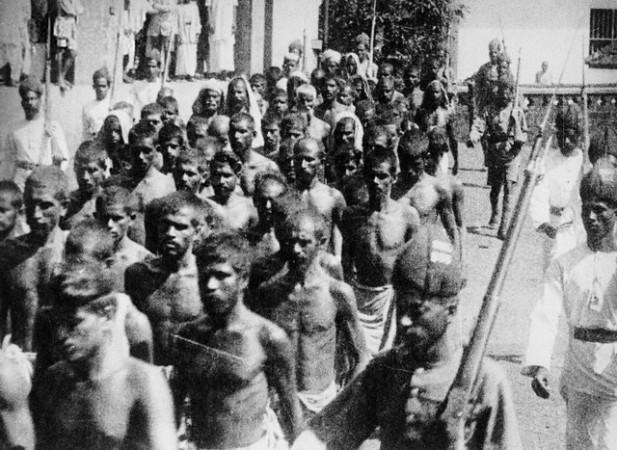
Around a 100 years ago, India had also witnessed an Islamic uprising which went on to declare a Caliphate but in the end, after much bloodshed, the cause was lost.
Though the Islamic movement in India started as a revolt against the British government, it soon turned into a religious war.
"They murdered and plundered abundantly, and killed or drove away all Hindus who would not apostatize. Somewhere about a lakh of people were driven from their homes with nothing but the clothes they had on, stripped of everything," British activist Annie Besant had reported.
Malabar Rebellion, a book by Jesse Russell and Ronald Cohn, has also recorded the claims of Besant.
"Malabar has taught us what Islamic rule still means, and we do not want to see another specimen of the Khilafat Raj in India," read the book, citing Besant.
The revolt by Muslims, also known as Moplah Rebellion, was an offshoot of the Khilafat Movement, which was initially supported by many prominent leaders, including Mahatma Gandhi.
The Malabar Rebellion, which started in August 1921, lasted six months and ended on a bloody note.

Armed with hatchets and swords, the local Muslims challenged the British Army, only to be overpowered in a few months.
Over 10,000 were killed, while at least 20,000 were deported to the dreaded island prison in the Andamans and were never heard of again.
The 1921 uprising, which began in August, observed its 93rd anniversary this year.
Most Muslims later felt that the uprising for the Caliphate was a mistake, and the current uprising in Syria and Iraq with the same objective could also turn out to be one.
"Caliphate for all Muslims was not practical in 1921. It is less so in 2014. Self-proclaimed caliph Abu Bakr al-Baghdadi's caliphate will be decimated in no time. There are a few groups among Kerala's Muslims who want to whip up passions by recalling memories of the Malabar rebellion. They have ulterior motives," Zafar Pandikkad, author of a book on the local history of Pandikkad, which was the epicentre of the rebellion, told TOI.
The Islamic State of Iraq and Syria (ISIS) had repeatedly targeted minorities, such as Christians and Yazidis. Similarly, in the Moplah Rebellion, the Muslims had targeted Hindus and thus lost its support in the country.
"Though the rebel leaders were against harassing Hindus and plundering their wealth, what happened was exactly the opposite," M Gangadharan, who has studied the rebellion extensively, told the daily.
And just like the Islamic State led by Abu Bakr al-Baghdadi now, the rebellion in Malabar was also an attempt to create a "liberated area".
The self-proclaimed jihadists captured several British police stations and government buildings back then. And like the ISIS, the caliphate "government" also issued passports and even printed government orders.

















